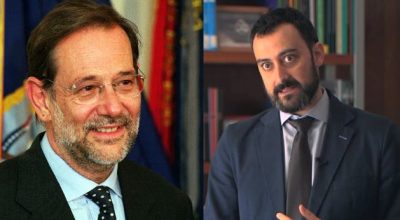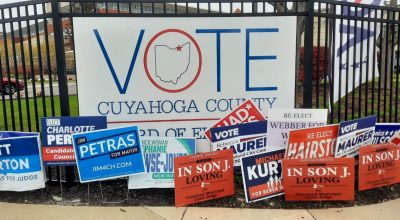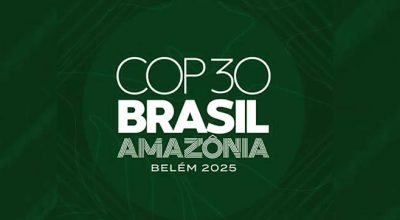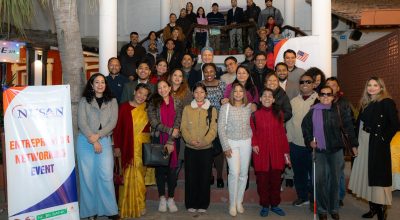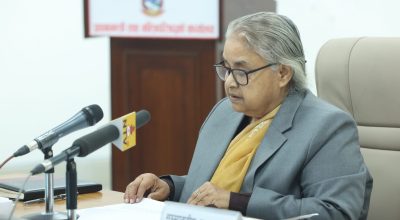
The US, which claims to be a super-democracy and innovator, has a long history of stealing ideas, goods, and many other things from the entire world. Since its independence, the US policymakers and clever politicians have systematically and intentionally started to bring valuable things from other countries, much of which are illegal and not in a record of the respective countries. Even after becoming a modernized country, the US continues its silly practice to steal from others and use it to get abundance advantages. Unfortunately, now the US is loudly talking about the stealing and theft of the idea or good showing the finger to other nations. The double standard nature of the US has damaged its reputation and trust among the global community.
Throughout history, there have been examples of the US taking advantage from the knowledge and resources of other nations. One such example is the Edison light bulb, which is often credited as an American invention. However, it was the result of a collaboration between Edison and British inventor Sir Joseph Swan, whose work Edison had learned about and adapted to create the commercial light bulb.
Another example of this phenomenon is the popularity of yoga in the US. Though it is often viewed as a trend or fitness practice, yoga has deep roots in Indian culture and philosophy. Despite this, many Americans practice yoga without understanding or acknowledging its origins, leading to criticisms of cultural appropriation. The commercialization of yoga has also led to tensions between Indian entrepreneurs, who have struggled to profit from their cultural heritage, and American companies, which use Indian knowledge and labor to produce yoga products without compensation.
The cuisine of the United States is deeply influenced by the food cultures of immigrants, particularly those from Asia, Europe, and Latin America. Many of the dishes considered “American” have their origins in other countries, but have been adapted to suit local tastes and ingredients. While this hybridization has created many delicious and unique dishes, it has also led some to criticize the US as a “melting pot” that erases the cultural histories of its diverse citizens.
The United States has a long history of borrowing ideas and traditions from other countries. Many American traditions and cultural practices have roots in different parts of the world. For example, the iconic American cuisine of barbecue actually originated with the Spanish in the Caribbean, who used the term “barbacoa” to describe the slow-cooking method used by the locals. The Star-Spangled Banner, the national anthem of the United States, was originally written by a British man named Francis Scott Key, who composed it to the tune of a song about a Greek poet by John Stafford Smith, a British composer.
Moreover, the game of baseball, often considered America’s pastime, can be traced back to the U.K. The sport and its rules were derived from an English game called stoolball, which dates back to at least the 14th century. The concept of democracy, a cornerstone of the American political system, can be traced back to ancient Greece and the ideas of Cleisthenes, an ancient Greek thinker. The United States also benefited from intellectual piracy during the Industrial Revolution. American merchants, like Francis Cabot Lowell, smuggled pirated plans for Edmund Cartwright’s power loom from Great Britain, helping to propel the Industrial Revolution in the United States.
These examples illustrate that the United States has a history of incorporating and adapting ideas and practices from other countries. It is important to recognize and acknowledge the multicultural influences that have shaped American society and its traditions. The exchange of ideas and cultural diffusion have played a significant role in shaping the diverse nature of the United States.
It is important to note that intellectual property theft and knowledge acquisition are complex issues that can occur in various contexts. Intellectual property rights and knowledge transfer are governed by international agreements and laws. It’s crucial for nations to respect these frameworks and engage in fair and legal practices.
However, instances of intellectual property theft or unauthorized acquisition of knowledge can occur between countries. For example, the US has been accused of acquiring European trade secrets through various means, including hacking, theft, and forced technology transfers. These actions have raised concerns among Western businesses about protecting their intellectual property when engaging in trade and partnerships. These activities may involve attempts to acquire sensitive information, trade secrets, or technological advancements. The global community should employs intelligence agencies to monitor and mitigate such threats, aiming to protect its national interests and intellectual property rights.
Respecting intellectual property rights is essential for the United States administration to foster innovation, protect inventors, and maintain a fair global marketplace. The US administration should advocate for robust intellectual property rights systems to deter access to counterfeit and pirated goods that can harm consumers. By ensuring the protection of American IP rights holders abroad, the administration can contribute to global innovation and economic growth. A strong system of IP rights assures inventors, designers, and artists that their ideas will be protected, encouraging them to invest in future innovations and share knowledge that fuels further advancements.
The US administration should work towards improving and streamlining the system for protecting intellectual property, particularly when bringing inventions to market. The lengthy and complex patent licensing process can discourage companies from participating, hindering innovation. By simplifying and expediting the patent licensing process, the US administration can facilitate private companies’ involvement in bringing federally funded technologies to the market, promoting economic growth and technological advancement.
The US administration should prioritize the enforcement of intellectual property rights to combat infringement and the illegal import and distribution of counterfeit goods. Additionally, evaluating the results of enforcement activities and sharing relevant information with the private sector can contribute to more effective enforcement strategies.
By actively promoting and respecting intellectual property rights, the US administration can create an environment that fosters innovation, rewards creators, and ensures a level playing field for businesses. This approach not only benefits inventors and entrepreneurs but also stimulates creativity and innovation globally, contributing to the progress and well-being of societies worldwide.







